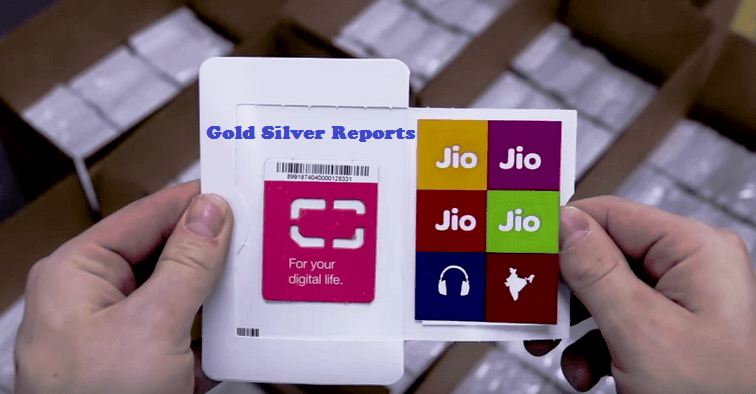Vodafone Idea’s plan to raise ₹35,000 crore may get a shot in the arm from the Union Cabinet’s decision to waive bank guarantees from telecom operators for airwaves bought in auctions till 2022.
- Gold is rising again. Is now the time to invest in it for big returns?
- Nifty Big Support Near 23,100
- MCX Copper sees Huge Surge as Expected, 811 To 830
- Protected: MCX Gold AND SPOT GOLD CRUCIAL UPDATE [21 NOV 2024]
- Adani Ports share price drops 10.00%, Buy, Hold or Sell? View Targets Price
The company had indicated earlier this month that the demand for bank guarantees had acted as a deterrent to raising funds. Seeking bank guarantees was reducing the telco’s ability to raise debt since banks were not willing to offer up the guarantees, chief executive Akshaya Moondra said during an earnings call on 14 November.
“It is very clear that the bank guarantee is something which the banks themselves will not be very willing to offer. They are trying to get debt funding, which will go towards making investments (and)… help in improving our performance and then improving our cash generation. Bank guarantees will not have that result,” he had said.
The Union Cabinet approved a proposal to waive bank guarantees that telecom service providers need to submit for spectrum auctioned till 2022,Mint reported on Tuesday.
“This landmark decision will significantly help reduce the financial burden on the telecom operators,” said S.P. Kochhar, Director General of the Cellular Operators Association of India, which represents private telcos in India. “We feel positive that this decision will enhance cash flow, free up capital and enable capital investments in network expansion and technology upgrades.”
The ‘in-principle’ approval comes with conditions, one being that if a telco’s bank guarantee is less than the value of the spectrum used on a prorated basis, it would have to pay the balance.
Despite the conditions, the move will most benefit Vodafone Idea, which had to submit bank guarantees of almost ₹24,700 crore and had sought a waiver. Vodafone Idea and Bharti Airtel, India’s third- and second-largest telcos, respectively, were supposed to submit bank guarantees of about ₹30,000 crore. The waiver will also benefit Bharti Airtel.
Debt burden
Vodafone Idea shares shot up 16% in early trade on Tuesday following the Cabinet announcement reported late Monday evening. As of 1 pm, stock had gained about 12% to ₹7.8 apiece.
Vodafone Idea is saddled with statutory dues worth ₹2.1 trillion that have prevented it from investing in 4G and 5G networks. Having raised ₹24,000 crore from the country’s largest follow-on offer, any relief will only help the loss-making company improve its financial position.
Vodafone Idea plans to launch 5G services next month, starting in New Delhi and Mumbai. It has a ₹50,000-55,000 crore capex plan to upgrade its 4G network and roll out 5G networks over the next three years.
Mint reported in September that the government was willing to take a favourable view on waiving bank guarantees and that the Department of Telecommunications would require a nod from the Cabinet and an amendment to spectrum auction norms to approve the bank guarantee waiver. For the 2024 auction, telecom operators didn’t need to submit financial and performance bank guarantees under reform measures introduced in 2021.
Bharti Airtel, Vodafone Idea and Reliance Jio, the three private telcos, had asked the telecom department to also consider waiving the requirement for the spectrum bought prior to 2022, contending that the money could instead be channelled towards improving networks.
“Creditworthiness of the service providers was consistent, whether it is for past or future spectrum auction payments. Further, continuing with this requirement unnecessarily blocks the working capital of the telcos, inhibiting investments in network rollout to deliver ubiquitous coverage and connectivity to Indian citizens,” the COAI said in a communication to the government in September.
The operators said investing in networks would help meet the government’s vision of providing competition and customer choice for inclusive development and bringing the marginalised areas into the mainstream, besides providing universal broadband access to connect the unconnected.
